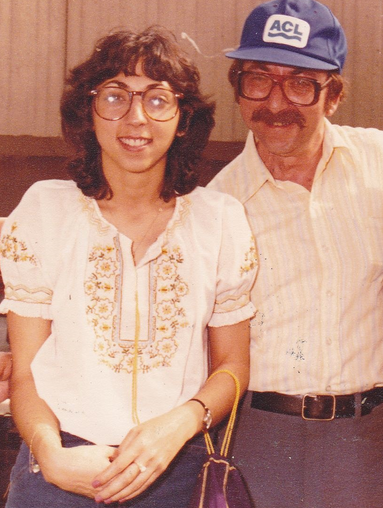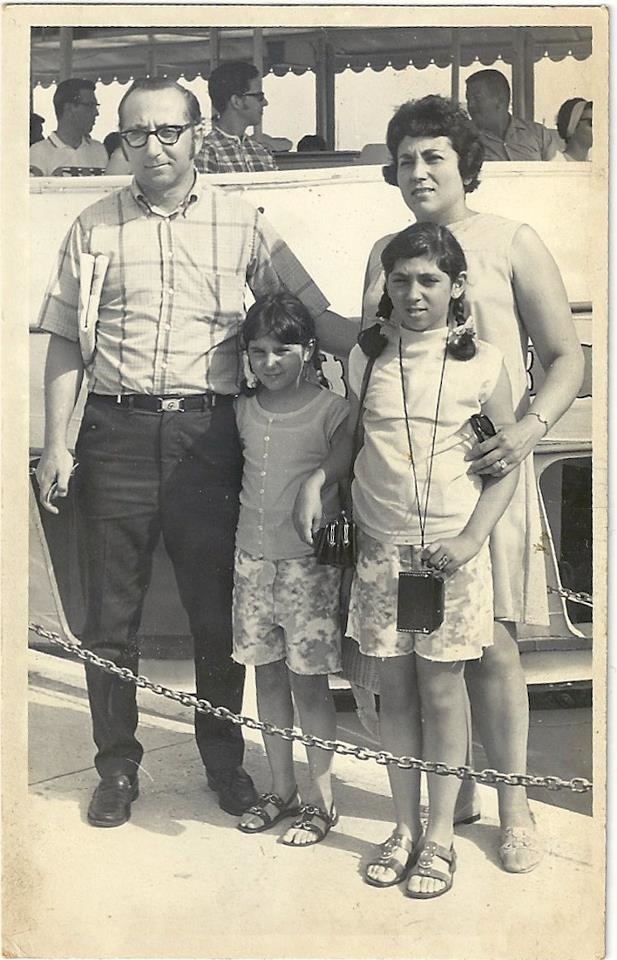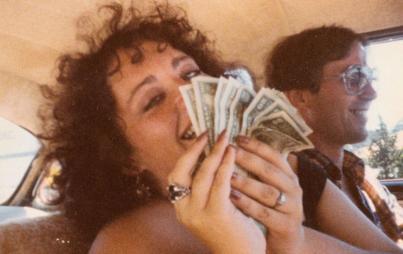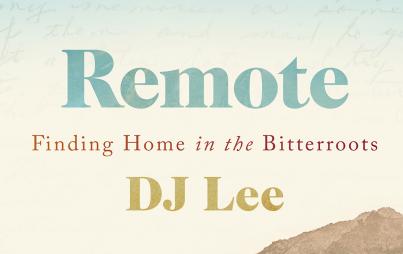
My father never told me he loved me. Until it was almost too late.
Growing up, I had everything I needed. Enough food, from homemade Italian to Hamburger Helper and Yodels. I had clean clothes—a little out of style—but E.J. Korvette's finest. I had shelter (albeit in a tiny, four-room apartment) and a bedroom I shared with my younger sister.
My parents did the best they could, which is all you could ask from anyone, I suppose. My mom was the far more demonstrative of the pair, full of bear hugs and warm, dimpled smiles. Although she wasn't quick to say "I love you," she occasionally did. Even back then, I realized my parents were from a generation who didn't say such things, so I accepted it. What choice did I have?
But I wished it were different, and I vowed that if I ever had children, I would be different. I was determined not to make the same mistakes when I became a mother, late in life, the day before my fortieth birthday.
Don't get me wrong, even though my dad never said those three little words, I still felt loved. He worked hard, coming home with treasures like a 45 record or a "John" Beatles doll, "just because." He took the time to color with me, his crayon's touch on the paper surprisingly light and never straying beyond the lines. He read everything I ever wrote, no matter how bad and told me it was wonderful.
While lacking in "I love you," my childhood was full of poignant memories of my father: playing "Name that Tune" at the dinner table; Dad running so hard to get a kite to fly that his car keys flew out of his pocket; Dad jumping onto the coffee table—and breaking it—during his famous Quasimodo impersonation.
He was saying he loved me without words. But I didn't realize it then.
When his own father died, I thought it might be a good time to tell my dad that I loved him. His reponse? "I know." Why couldn't he throw me a freaking bone and tell me that he loved me too?
My father died three years ago, in December 2011, barely a month after he turned 80. He'd been losing weight and didn't feel well for several weeks. After my sister and I forced him to go to the doctor, lung cancer was soon diagnosed. It spread quickly, mercifully. Within days, he couldn't feed himself, the right side of his body no longer cooperating because of the tumor in his brain.
 When my father said he wanted ice cream, I brought him little cups of Häagen Dazs and fed him as though he were my own child. When he slipped in and out of consciousness, agitated with what they call "windmill legs"—lower limbs that whirl and run but go nowhere—I played his favorite music on my iPod: Frank Sinatra, Louis Armstrong's "It's a Wonderful World." It soothed him. I played him songs he loved so he'd know I loved him. But did he?
When my father said he wanted ice cream, I brought him little cups of Häagen Dazs and fed him as though he were my own child. When he slipped in and out of consciousness, agitated with what they call "windmill legs"—lower limbs that whirl and run but go nowhere—I played his favorite music on my iPod: Frank Sinatra, Louis Armstrong's "It's a Wonderful World." It soothed him. I played him songs he loved so he'd know I loved him. But did he?
Before I left the hospital that night, my father looked at me. Speech slurred, he struggled to say something, something that seemed important. His mouth laboriously formed the words, "I…lo…"
And I smiled. "I know, Dad. I love you, too." He seemed to relax, laid back on the pillows and closed his eyes. It was almost too late but my father had finally told me he loved me, as best he could. Sort of.
He passed away soon after. But I'm glad he lived to see me become a mother. I think he was silently moved to see shades of my own mom (who died six years before my son David was born) in me. My dad was affectionate toward David but distanced; it was sad that even four decades later that he hadn't learned to simply let down his guard and love.
As a parent, I realize how much I learned from my father: how to love without words, how to love with acts. I'm determined to give my son what I had-and what I didn't have. That warm, protected, cradled feeling. Sensing that you are the most important thing in the world. Having what you need and then some. The little touches: small presents when it's not a special occasion. Yucking it up over silly shows like South Park. (For me and Dad, it was Laugh In.)
But I also make sure to tell David how much I love him as often as I can. To a fifteen-year-old, this can get pretty annoying, but I do it anyway. I tell him when I'm proud. I tell him when he makes me smile. I don't care if he wipes off my kisses; I just want him to feel loved.
Yes, I tell David I love him even though I know he knows it. And I'm not talking about that knee-jerk "I-Love-You" that people say by rote, without even thinking, like when they're hanging up the telephone. I'm talking about feeling it, tasting it, almost.
Maybe it's called loving by example, but I think it's working. Despite being a typical, sullen teenager, David is also turning into an empathetic young man. When I lost my hair during chemo, I worried that my then-thirteen year old would be embarrassed by having a bald mother. Curious, I asked how he would field questions about my hairlessness. David shrugged, responding, "I'll just tell them you joined the military," as if to say, it's none of their business. It was as though he were protecting me.
And likewise, David could tell just by looking at me how ill I felt post-treatment. During those times, he would suggest, "Let's watch The Cleveland Show," because it always made me laugh. It was his silent way of telling me that he knew I was hurting and wanted to make me feel better.
So, when my son says, "I love you," I say it back. And mean it.







